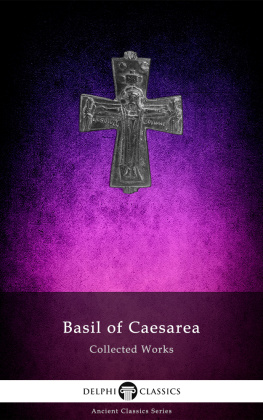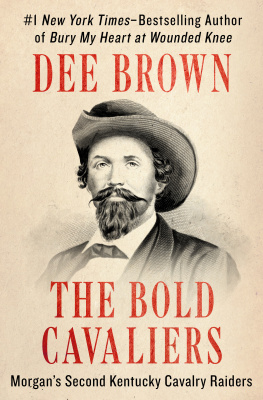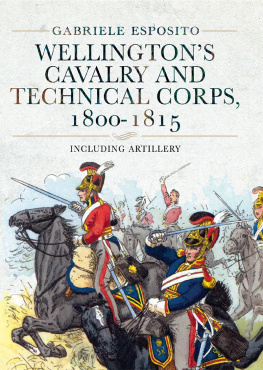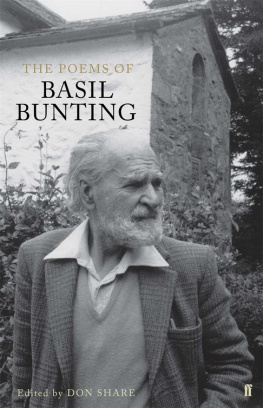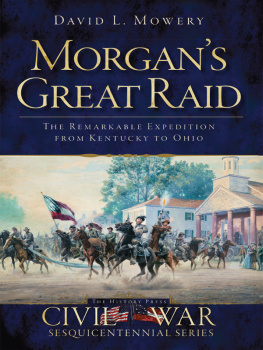PREFACE
Table of Contents
The writer presents to the reading public the narrative of an arduous and adventurous military career, which, commencing at a period but little subsequent to the outbreak of the late civil war, continued through the four eventful years.
He has endeavored to make the work a correct and graphic representation of the kind of warfare of which Morgan was the author, and in which his men won so much celebrity. Strict accuracy has been attempted in the description of the military operations of which the book is a record, and it is hoped that the incidents related of personal daring and adventure will be read with some interest.
The author regrets that, for reasons easily understood, the book is far less complete than he desired to make it. The very activity of the service performed by Morgan's Cavalry prevented the preservation of data which would be very valuable, and a full account of many important operations is therefore impossible. Limited space, also, forbids the mention of many brave deeds. If many gallant and deserving men were noticed as they deserve, the book could not be readily finished.
To the friends whose contributions assisted the work, the author returns his warmest thanks.
To Mr. Meade Woodson , to whom he is indebted for the maps which so perfectly illustrate his narrative, he is especially grateful.
He regrets, too, that many of his old comrades have altogether failed to render him aid, confidently expected, and which would have been very valuable. B.W.D.
CHAPTER I
Table of Contents
In undertaking to write the history of General Morgan's services, and of the command which he created, it is but fair that I shall acknowledge myself influenced, in a great measure, by the feelings of the friend and the follower; that I desire, if I can do so by relating facts, of most of which I am personally cognizant, to perpetuate his fame, and, at the same time, establish the true character of a body of men, who recruited and inured to war by him, served bravely and faithfully to the close of the great struggle. It may be that credence will be given with hesitation to the statements of one, who thus candidly confesses that personal regard for his chief, and esprit-de-corps mainly induce him to attempt the task I propose to myself. To all works of this nature, nevertheless, the same objection will apply, or the more serious one, that they owe their production to the inspiration of hatred, and those who have witnessed and participated in the events which they describe, must (under this rule), for that very reason, be denied belief.
General Morgan's career during the late war was so remarkable, that it is not surprising that the public, accustomed to the contradictory newspaper versions of his exploits, should be disposed to receive all accounts of it with some incredulity.
It was so rapid, so crowded with exciting incidents, appealed so strongly to the passions and elicited so constantly the comments of both sides, that contemporary accounts of his operations were filled with mistakes and exaggerations, and it is natural that some should be expected in any history of his campaigns, although written after the strife is all over.
Convinced, however, that, if properly understood, his reputation will be greater in history than with his contemporaries, and believing that the story of his military life will be a contribution not altogether valueless to that record which the Southern people, in justice to themselves and their dead, must yet publish, I can permit no minor consideration to deter me from furnishing correct, and, I deem, important information, which my relations, personal and official, with General Morgan enabled me to obtain. A correct representation of a certain series of events sometimes leads to a correct understanding of many more, and if the vail which prejudice and deliberate unscrupulous falsification have thrown over some features of the contest be lifted, a truer appreciation may perhaps be had of others of greater moment and interest. I may add that, as no one has been more bitterly assailed, not only while living but even after death, than General Morgan, so no man's memory should be more peculiarly the subject of vindication and protection to his friends.
But there are also other and cogent reasons why this tribute should be rendered him by some one, who, devoted to the interests of the living chieftain, is sensitive regarding the reputation he has left. The cruel ingratitude which embittered the last days of his life, has made his memory all the dearer to the many who were true and constant in their love and esteem for him, and they feel that he should be justly depicted. The fame which he desired will be accorded him; the reward for which he strove is his already, in the affection of the people by whom he hoped and deserved that the kindest recollections of him should be cherished and the warmest eulogies pronounced. In the glory won, in the tremendous and unequal struggle, in the pride with which they speak the names of the dead heroes whose martyrdom illustrated it, the Southern people possess treasures of which no conqueror can deprive them.
A man who, like General Morgan, uninfluenced by the public opinion of the State in which he resided, yet surrendered fortune, home and friends to assist the people of the South when embarked in the desperate and vital strife which their action had provoked, because sharing their blood and their convictions, he thought that they had an imperative claim upon his services; who pledged his all to their cause, and identified his name with every phase of the contest, until his death became an event of the last and most bittersuch a man can never be forgotten by them. It is impossible that the memory of his services can ever fade from their minds.
In the beautiful land for which he fought and died, the traditions which will indicate the spots where he struck her foes, will also preserve his name in undying affection and honor. The men of the generation which knew him can forget him only when they forget the fate from which he strove to save them; his name belongs to the history of the race, and it can not die.
A narrative of the operations of a command composed, in great part, of Kentuckians, must possess some interest for the people of their own State. So general and intense was the interest which Morgan excited among the young men of the State, that he obtained recruits from every county, numbers running every risk to join him, when no other leader could enlist a man. The whole State was represented in his command. Many Kentuckians who had enlisted in regiments from other States procured transfers to his command, and it frequently happened that men, the bulk of whose regiments were in prison, or who had become irregularly detached from them by some of the many accidents by which the volunteer, weary of monotony, is prompt to take advantage, would attach themselves to and serve temporarily with it. Probably every native citizen of Kentucky who will read these lines, will think of some relative or friend who at some time served with Morgan. Men of even the strictest "Union principles," whose loyalty has always been unimpeachable, and whose integrity (as disinterested and as well assured as their patriotism) forbids all suspicion that they were inclined to serve two masters, have had to furnish aid in this way to the rebellion. Frequently after these gentlemen had placed in the Federal army substitutes, white or black, for loyal sons of unmilitary temperaments, other sons, rebellious, and more enterprising, would elect to represent the family in some one of Morgan's regiments. It is not unlikely, then, that a record of these men, written by one who has had every opportunity of learning the true story of every important and interesting event which he did not witness, may be favorably received by the people of Kentucky. The class of readers who will be gratified by an account of such adventures as will be herein related, will readily forgive any lack of embellishment. My practical countrymen prefer the recital of substantial facts, and the description of scenes which their own experience enables them to appreciate, to all the fictions of which the Northern war literature has been so prolific.




